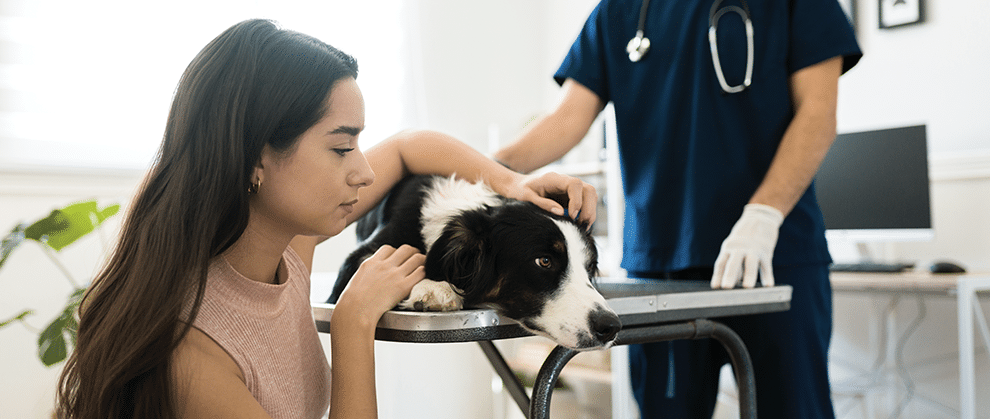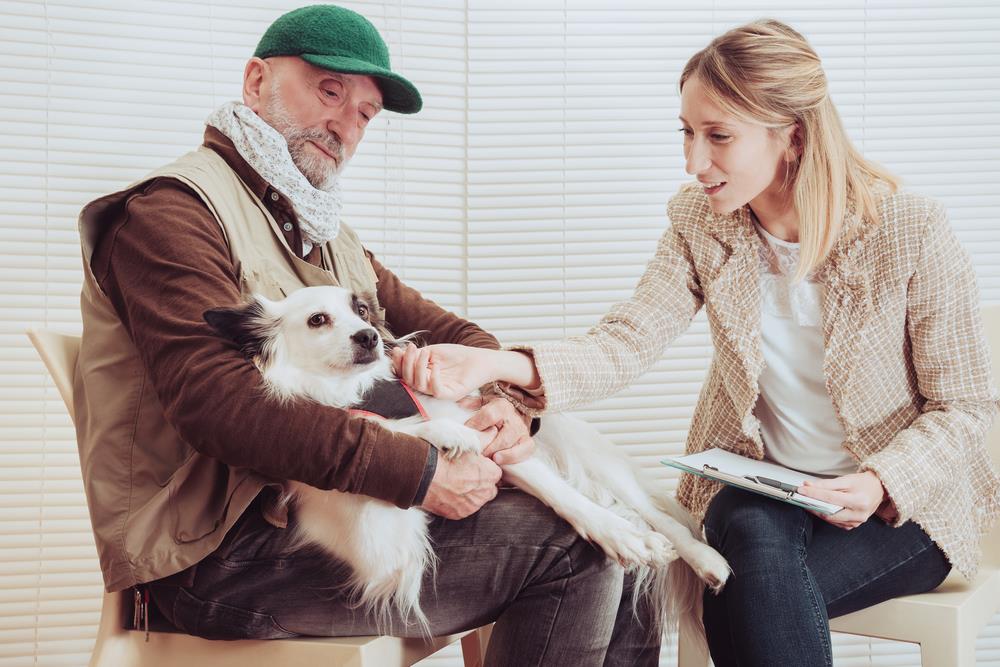Understanding the Ageing Process in Pets
An elderly pet, often defined as starting from the age of seven, enters a new life stage, bearing both physical and cognitive changes. This ageing process is a natural progression, characterised by a decline in the organ system and a reduction in metabolic processes, just like in humans.
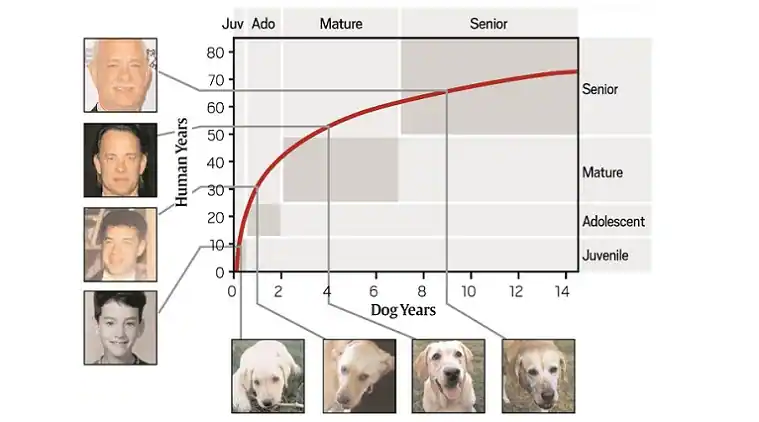
However, the ageing process varies significantly among different pet species and breeds. For instance, smaller dogs tend to live longer than larger breeds, while cats generally outlive dogs. Understanding these differences is crucial to providing the appropriate care for your pet as they age.
As owners, we need to be cognisant of these biological changes and adapt our care routines accordingly. This includes adjusting their diet, exercise, and medical care to suit their changing needs.
Recognising Signs of Ageing in Pets
As pets age, they often display a variety of physical, behavioural, and cognitive changes. Understanding these changes can help you provide the best care for your ageing companion.
A. Physical Changes in Ageing Pets
Weight fluctuations, mobility difficulties, and alterations in the condition of their fur or skin can signal that your pet is ageing. A study by the RSPCA has shown that these signs are common in older pets. An image illustrating these changes would enhance understanding.
B. Behavioural Changes
Decreased energy levels, changes in sleep patterns, and appetite alteration are also indicative of ageing in pets. The Vetwest Animal Hospital provides insightful statistics on these behavioural changes.
C. Cognitive Changes
Finally, cognitive changes such as confusion, forgetfulness, and changes in their social behaviour are signs your pet may be getting older. The Australian Government’s Department of Agriculture offers valuable resources on understanding these changes.
Importance of Regular Veterinary Check-Ups for Elderly Pets
Regular veterinary check-ups are paramount when caring for elderly pets. They help in early detection of health issues, thus enabling prompt intervention and treatment. As pets age, their immune systems weaken, making them more susceptible to diseases. Regular veterinary check-ups can help maintain optimal health and improve the quality of life for your pet.
What to Expect During a Veterinary Check-Up for an Elderly Pet
During a check-up, the veterinarian will conduct a thorough physical examination of the pet, which may include blood tests, urine tests, and X-rays. They will check the pet’s weight, dental health, and overall body condition, and may also ask about dietary habits and exercise routines. This comprehensive assessment is crucial in detecting any potential health concerns.
When and Why Additional Health Screenings May be Needed
Additional health screenings may be required for elderly pets if they exhibit unusual symptoms or changes in behaviour, such as weight loss, reduced appetite, or lethargy. These screenings can help identify underlying health issues that may not be apparent during a routine check-up. Your vet may recommend additional screenings based on your pet’s age, breed, and health history.

Nutrition for Elderly Pets
As your pet ages, their nutritional needs change significantly. Just like humans, older pets may need fewer calories and a higher intake of specific nutrients. Their metabolism slows down, requiring a diet lower in fat to prevent obesity, a common issue amongst elderly pets. A diet rich in high-quality proteins, fibre, and certain vitamins, like Vitamin E and B, is essential to maintain your pet’s health.
Special Dietary Considerations for Elderly Pets
Special dietary considerations are paramount for elderly pets. They may have weakened dental health, making softer foods more suitable. Additionally, specific diets may be required for chronic conditions like kidney disease or arthritis. Regular vet check-ups can help tailor a diet that promotes your pet’s longevity.
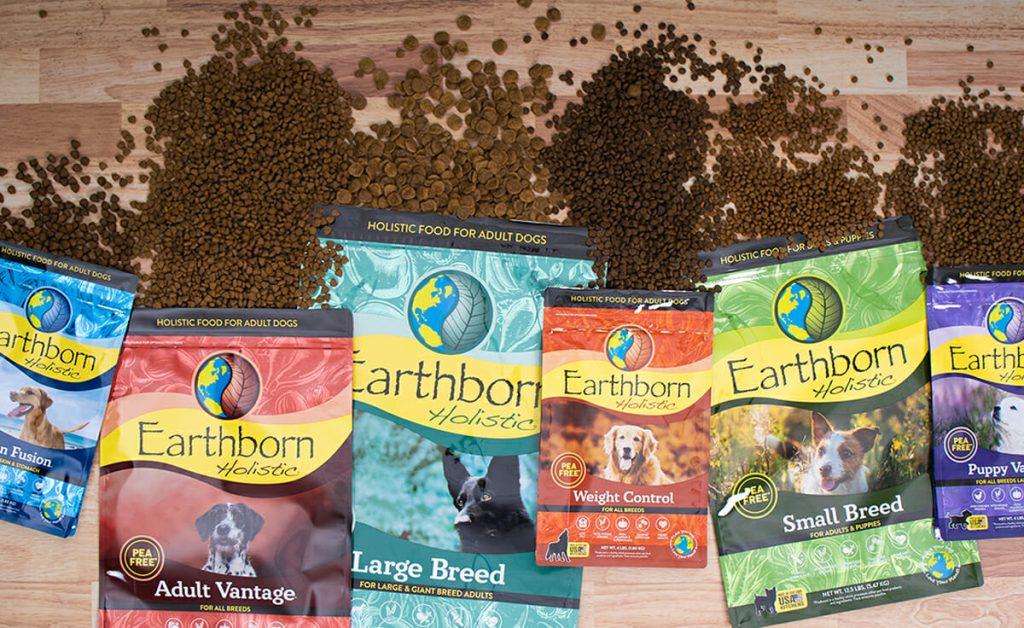
The Role of Supplements in an Elderly Pet’s Diet
Supplements can play a crucial role in an elderly pet’s diet. While a balanced diet is key, supplements can provide additional nutrients that your pet might be lacking. For instance, joint supplements such as glucosamine and chondroitin can help with arthritis symptoms.
Why Physical Activity is Crucial for Elderly Pets
As our pets age, their energy levels may decline, but this doesn’t negate the importance of regular physical activity. Ongoing physical activity in elderly pets helps maintain a healthy weight, improves cardiovascular health, and enhances overall well-being. Exercise also keeps joints flexible and can help manage conditions such as arthritis.

Adapting Exercise Routines for Elderly Pets
While maintaining an exercise routine is essential, it’s equally crucial to adapt this routine to your pet’s current capabilities. Lower impact exercises, such as gentle walks or swimming, can be beneficial for ageing pets.
Safe and Effective Types of Exercise for Elderly Pets
When it comes to safe and effective exercises for elderly pets, start with gentle activities. Short, slow walks, interactive games, and even puzzle toys that encourage movement can be beneficial. For dogs, swimming is often recommended as a low-impact exercise that is easy on the joints.
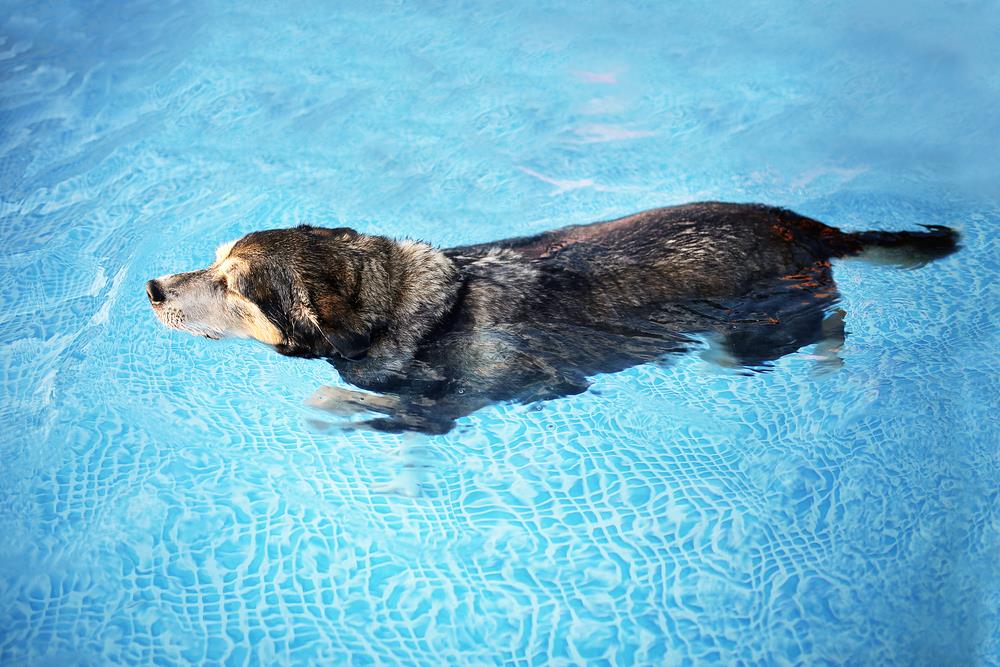
The Importance of Mental Stimulation for Elderly Pets
Mental stimulation is crucial for the health and well-being of elderly pets. Like humans, pets experience cognitive and physical changes as they age. Keeping their minds active helps delay the onset of cognitive decline, boosts their mood, and maintains their overall health. Regular mental stimulation can improve the quality and longevity of life for senior pets.
Fun and Engaging Activities for Elderly Pets
There are several activities that can serve as mental stimulation for senior pets. Puzzle toys, gentle training exercises, and interactive games can be engaging and fun. Even simple routines like a daily walk can provide sensory stimulation and physical activity.
Recognising and Addressing Signs of Cognitive Decline in Pets
Senior pets may show signs of cognitive decline, such as confusion, disorientation, and changes in behaviour. Regular check-ups with the vet can help identify early signs and implement appropriate interventions.
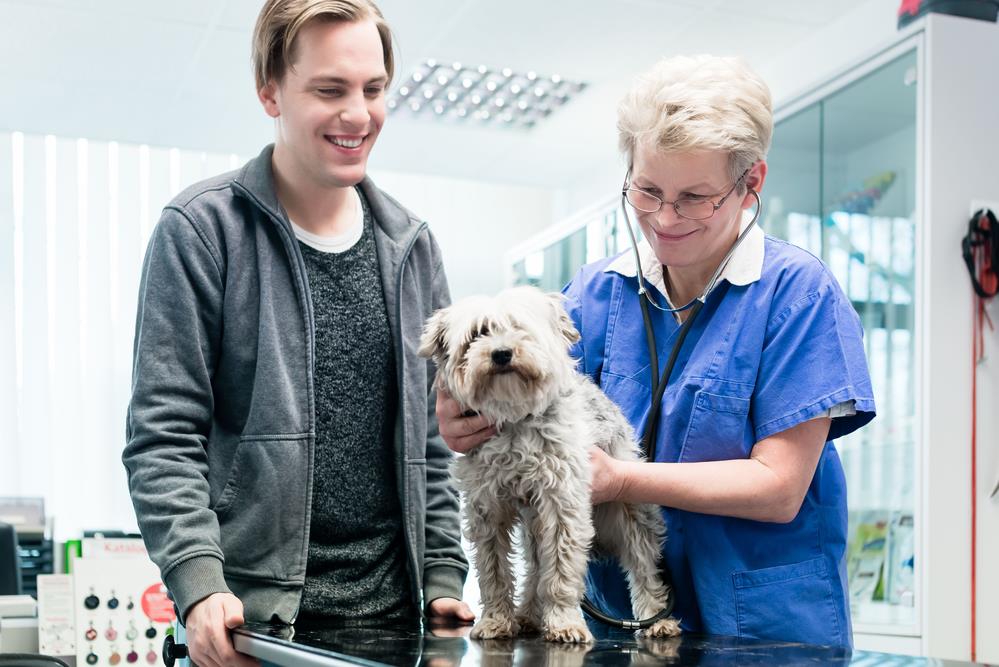
Comfort and Quality of Life for Elderly Pets
As pets age, they often encounter a range of physical discomforts including arthritis, dental issues, and diminished senses. These ailments can significantly impact their quality of life. Regular veterinary check-ups are essential for early detection and treatment, and pain management plans can alleviate discomfort, promoting a better quality of life.
Adapting Your Environment for an Elderly Pet
As your pet’s abilities change, modifications to their environment can enhance their comfort and safety. Consider ramps to assist mobility, raised food bowls for easier feeding, and comfortable bedding for arthritic pets.
End-of-Life Care for Elderly Pets
End-of-life decisions can be challenging. Consult with your vet to understand your pet’s health status and explore options such as palliative care, which prioritizes comfort over curing illness.
